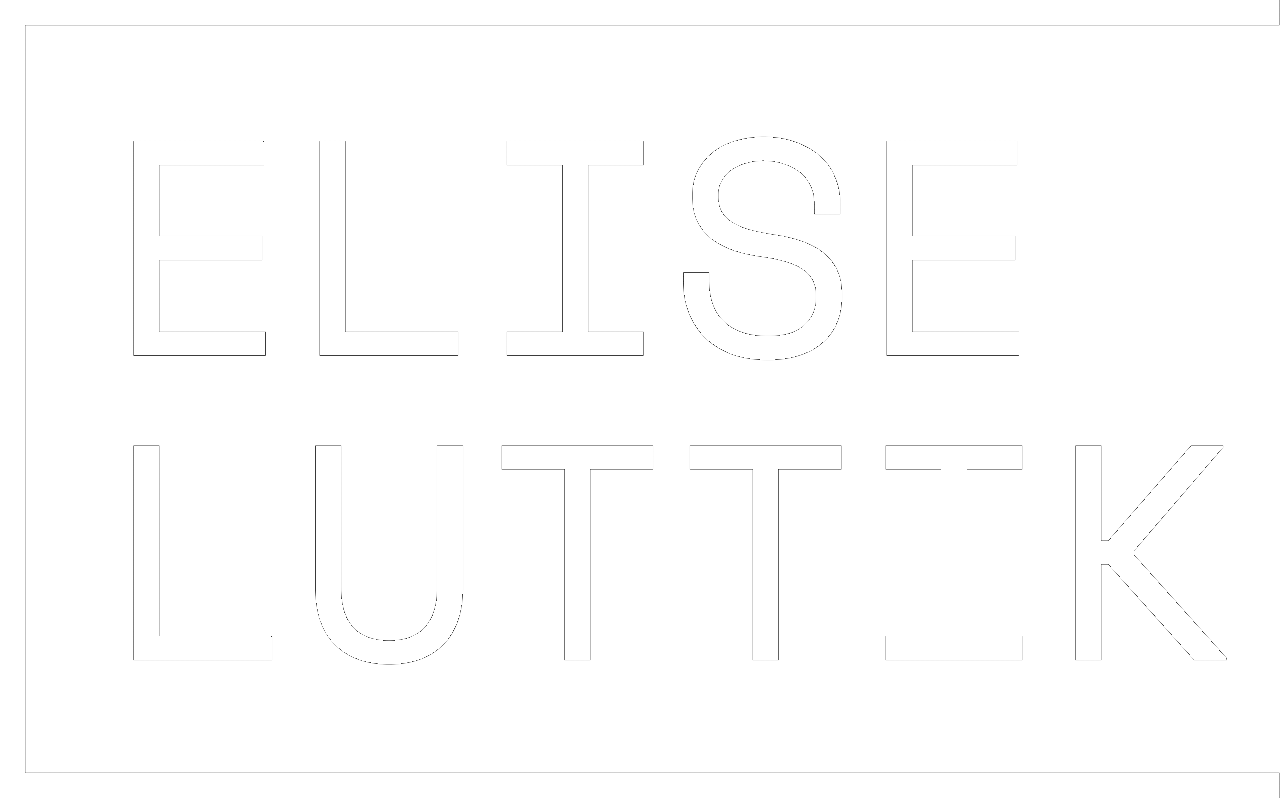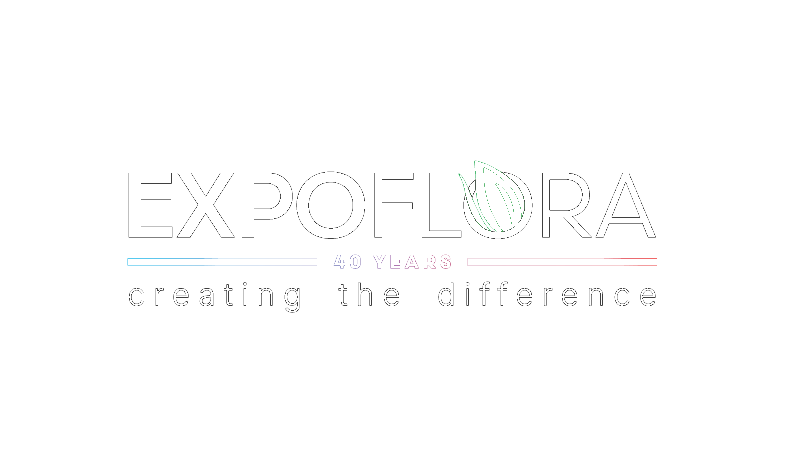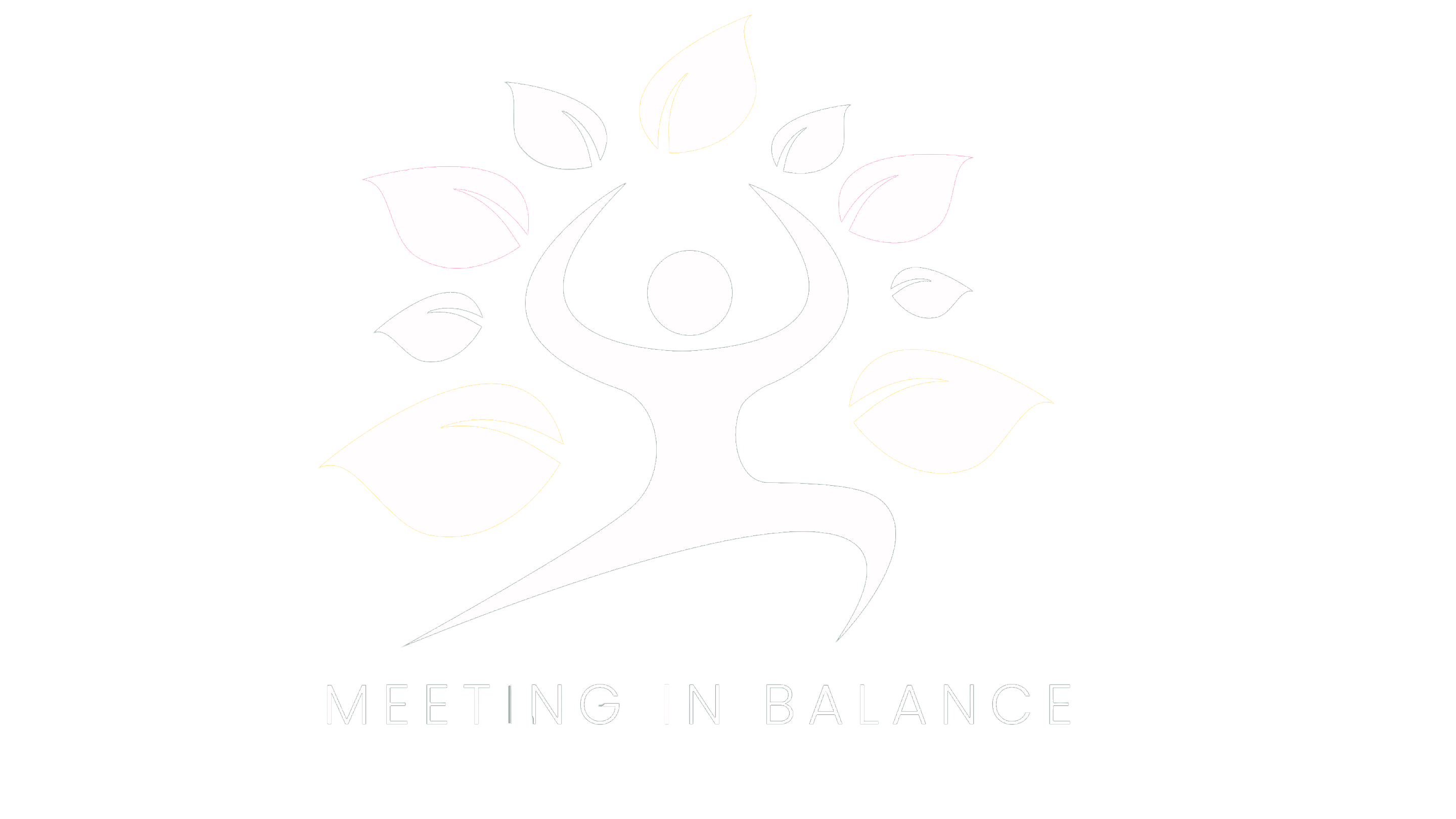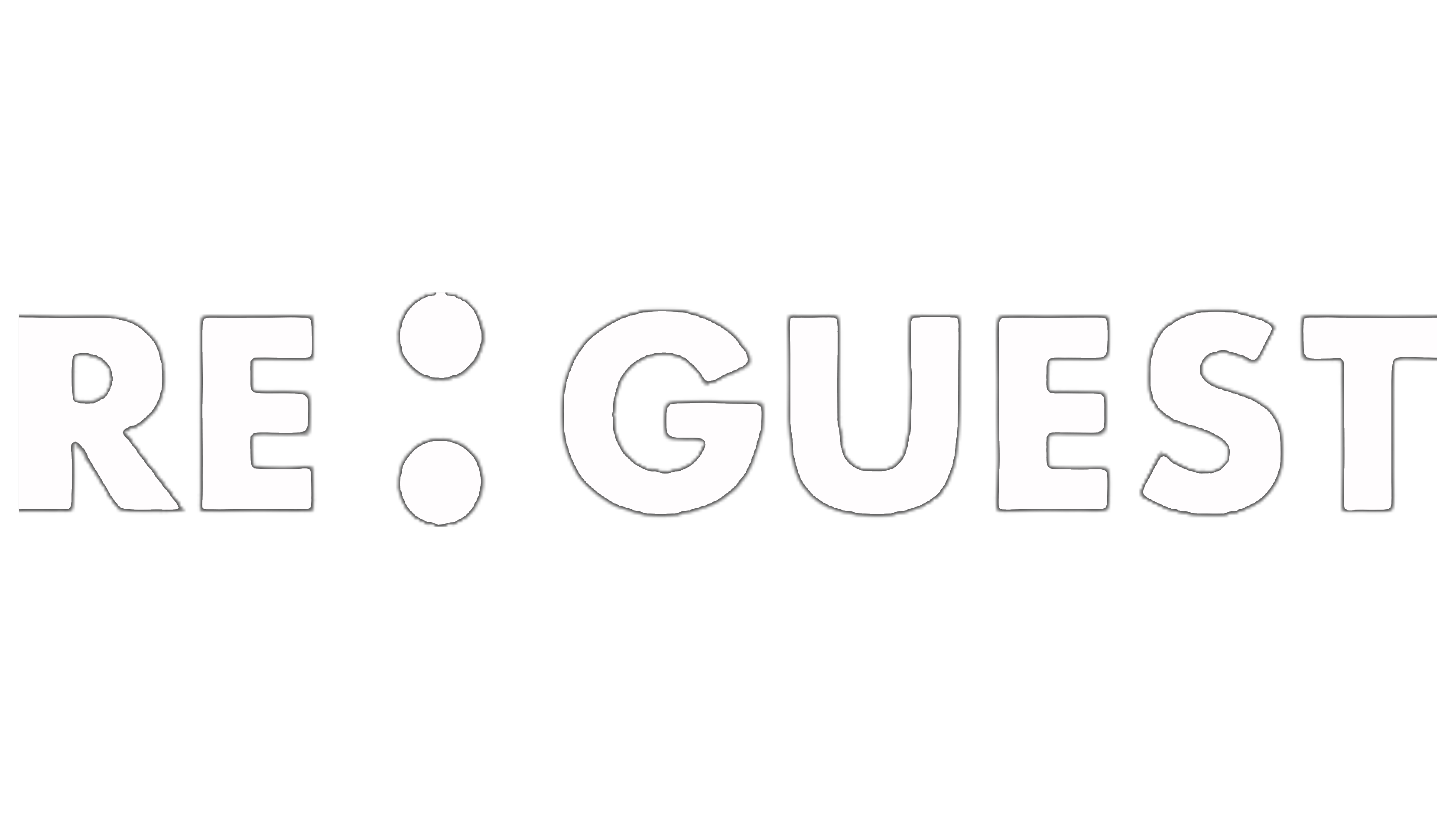If you are sampling on your stand, it is essential that you read and comply with the following regulations. Failure to do so could result in termination of your sampling activities. The Netherlands Food Safety Requirements contains a complete overview of Food Safety regulations.
Compulsory Requirements
- Declare what you are sampling only on the compulsory Health & Safety Declaration Form. Following submission of this form you will be sent further information depending on whether you are sampling low or high risk foods, which will include any additional information (if required) e.g. HACCP (only required for temperature controlled and/ or meat or fish), Temperature Control Measures, Hash Wash Facilities.
- Provide allergen information specific to the food/ drink being sampled. This information must also be displayed/ available on the stand.
Alcohol - Sampling & Serving
You can only supply samples of alcohol that are your own product or that of a stand sharer. In compliance with current legislation, during trade fairs, exhibitors are allowed to offer visitors an alcoholic beverage on request, see "Article 29 Exhibition and 31 Trade Fairs" of the Alcohol Code. The provisions of the Drinking and Catering Act prohibits the provision of alcoholic beverages to persons under the age of 18. For more information, visit www.stiva.nl.
If you wish to supply alcohol (except that provided by RAI Catering), whether for on-site or off-site consumption, you must adhere to the sampling sizes and supply the name of a Personal Licence holder, together with a copy of their licence. If you require more information on Personal Licence Holders, please contact Sophie Wood
All stand holders serving and / or sampling alcohol must notify the Organisers by answering the alcohol sampling questions on the Health & Safety Declaration form. Please take note of the restrictions on the form.
Corkage Fee
If you supply alcohol that is not your product and has been purchased elsewhere, the venue will charge a ‘Corkage Fee’ based on your stand activities. Please contact RAI Exhibitor Services in order for them to provide a customised proposal relevant to your circumstances, this is dependent on the type of product/ item you wish to offer visitors and the volume/ quantities. Once you have paid the corkage fee on alcoholic drinks, RAI Catering will become the licensee covering your stand and you will be briefed on the relevant licensing legislation.
Allergen Law
Food Information Regulations state that all food service businesses must to be able to supply details of the product contents that contain any of the 14 recognised allergens within the ranges they serve. Any stand offering food and/or drink is by law categorised as a food premises and must therefore comply with these regulations. Signage should be in place on the stand to direct customers on how to obtain this allergen information.
Click here for an Allergen Information Template
Click here for the Official Government Website on Labelling Foods / Click here for the Official European Union Website on Food Labelling Rules
Accurate and verifiable food allergen information must be readily available (this can be in the form of original packaging).
Cooking on Stands
No Cooking on stands in permitted however heating-up pre-cooked food is allowed. If you do wish to cook on your stand, please declare this on the compulsory Health & Safety Declaration Form to seek permission from the organisers. If approved, you would be required to comply with certain regulations and such activities must be covered in your Exhibiting Risk Assessment.
First Aid Equipment
Each stand where open food is handled, prepared or dispensed must hold a suitable and sufficient First Aid Kit including blue plasters (complying with the Health and Safety First Aid Regulations).
Food Legislation
All food businesses must comply with current Dutch and EU Food Regulations, details of which can be found using the following link: https://www.government.nl/topics/food/food-safety-requirements.
All exhibitors carrying out food operations (manufactures, processed or sells food products) should be registered as a food business with the NVWA - register your business with NVWA: the Nederlandse Voedsel- en Waren Autoriteit;or Dutch Food- and Consumer Products Safety Authority their local authority (UK).
Food operations include as least one of the following activities:
- Cooking food
- Storing or handling food
- Preparing food
- Distributing food
- Supplying food for sampling
Food Hygiene Regulations
Any exhibitor, who is offering their products as samples to visitors or heating food samples for tasting, must make sure they comply with all current Food Hygiene Regulations.
Officers from The Netherlands Food and Consumer Product Safety Authority (NVWA) may be onsite at any time during our tenancy, carrying out inspections. They have the authority to close stands, or to ask you to cease sampling, if they are not satisfied that standards are being met.
Food Risk Assessments - HACCPS
Any company bringing food into the venue that is temperature controlled and/ or meat, fish or dairy products, to offer as samples to visitors must undertake a Food Risk Assessment (HACCP - Hazard Analysis & Critical Control Point) and send a copy to the Organisers. Please follow the link for a HACCP How To/ Example or for the HACCP template only please click here.
HACCPS should be completed with your overall Risk Assessment and the main steps include:
- Identifying hazards
- Defining control measures
- Establishing if they are critical
- Setting targets and limits for critical control points
- Monitoring if necessary
For more information on HACCPS, please visit https://business.gov.nl/regulation/applying-food-hygiene-haccp-principles/.
It is the responsibility of each exhibitor to assess the extent of their operation and ensure that adequate and suitable washing facilities and refrigerated/frozen facilities are provided (if required).
Food Safety
Stands will not be permitted to process or serve food if they are in poor hygienic condition or pose an imminent risk of contamination to food or an imminent risk to health (only applicable to sampling of temperature controlled and/ or meat, fish or dairy products).
Stands/ kitchens/ food preparation and dispensing areas must be in good order to ensure they can easily be cleaned and maintained in a hygienic state of repair. All surfaces likely to be used during the event should be non-porous and easily cleansable.
Anyone processing food must be able to identify the risks associated with their operation. The UK Government has developed a range of food safety management packs for different sectors of the food industry to help food business operators manage their food safety management procedures (these guidance documents provide useful and relevant general food safety advice beyond UK companies). These include Safer Food Better Business which is particularly relevant to smaller companies and https://business.gov.nl/regulation/applying-food-hygiene-haccp-principles/.
All staff engaged in food handling must be properly trained, appropriate to their duties, and supervised to ensure they work hygienically. Evidence of this training may be required for inspection, so all relevant documentation should be made available onsite.
Key controls expected by venues where exhibitors are serving food within the confines of the venue must cover the following:
- Delivery
- Storage
- Preparation and display
- Hot or cold food holding
Click here for more detailed information on the controls required for the above. These controls should be detailed on your HACCP (Hazard Analysis, Control & Monitoring for the Preparation, Cooking, Storage and Serving of Foods).
Importation of Food Products into the UK
When you import food into The Netherlands for commercial purposes, you need to familiarise yourself with regulations that apply to specific products and with more general rules about things such as labelling and additives. We suggest that you contact our official Freight Forwarding Agent – ILS on Ian@i-l-s.co.uk for advice.
Personal Hygiene
All food handlers working with open food must:
- Keep their hands clean and cover any cuts with a blue, waterproof dressing.
- Wear clean and washable over-clothing.
- Keep personal clothing and bags out of areas where open food is handled unless it is stored in a cupboard.
- Change gloves (where used) regularly and wash hands in between
- Not handle open food when suffering, and within 48 hours of suffering from gastro-enteritis, dysentery, any infection, boils or septic cuts etc. likely to cause food poisoning. They should contact their doctor immediately.
Sampling Requirements and Conditions
All samples must be given Free of Charge and must adhere to the following sizes:
|
Unwrapped Food - “bite size” portions |
|
|
Individually wrapped items – off-site consumption only |
|
| Soft and Hot Drinks | - 50ml (5 cl ) |
| Beers/Ciders or similar | - 75ml (7.5 cl ) |
| Wine/Fortified wines/Champagne/alcopops / similar |
- 50ml (5 cl ) |
| Spirits and similar | - 20ml (2 cl ) |
In addition…..
- Any proposed sampling activity must be declared on the Health & Safety Declaration Form.
- If you are sampling temperature controlled and/ or meat, fish or dairy products, you must complete a HACCP - Food Safety Risk Assessment (Hazard Analysis, Control & Monitoring for the Preparation, Heating, Storage and Serving of Foods). See Food Risk Assessment – HACCP section.
- You must make adequate provision for food safety on the stand. The NVWA may visit the show and will have the authority to stop sampling activity if necessary.
- Sampling must be carried out in such a way that visitors do not touch food that other people will eat, in order to minimise the risk of cross-contamination. The guidelines to follow are:
- Samples should be placed where the exhibitors can see it to supervise visitors and clearly segregated from other stock.
- Samples should be offered to visitors from individual, disposable plates or small bowls.
- Avoid using food items eg breadsticks to sample food from dishes/bowls such as a sauce or chutney due to the possibility that it could break off into the sample and visitors could put fingers into the food to retrieve broken pieces.
- Large bowls or mounds of food for sampling must not be used, as this increases the risk of visitors touching food others visitors will eat.
- Customers should not be allowed to ‘double dip’ sampling sticks/spoons/food items.
- Bowls, dishes or plates should not be topped up unless they have been properly cleaned before being replenished.
- Provide a bin or rubbish bowl for visitors to place any discarded items, such as stones, from food or sampling sticks/utensils.
- Accurate and verifiable food allergen information must be readily available (this can be in the form of original packaging)
If, in the opinion of the RAI Catering department, an exhibitor contravenes sampling sizes or provides food and drink to visitors as hospitality that has not been purchased from RAI Catering, they reserve the right to charge the exhibitor a corkage or concession fee. Please contact RAI Exhibitor Services for more information.




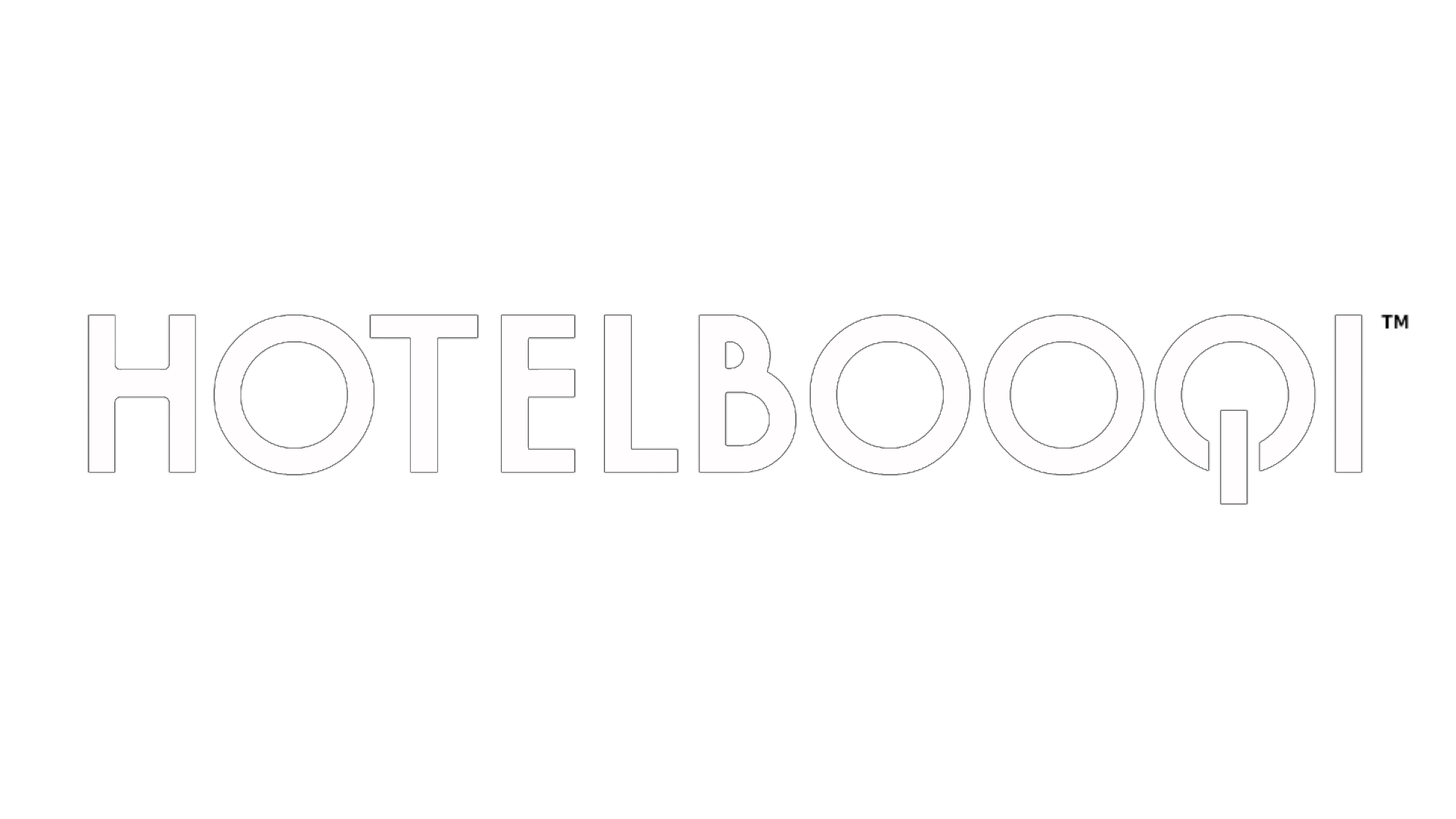






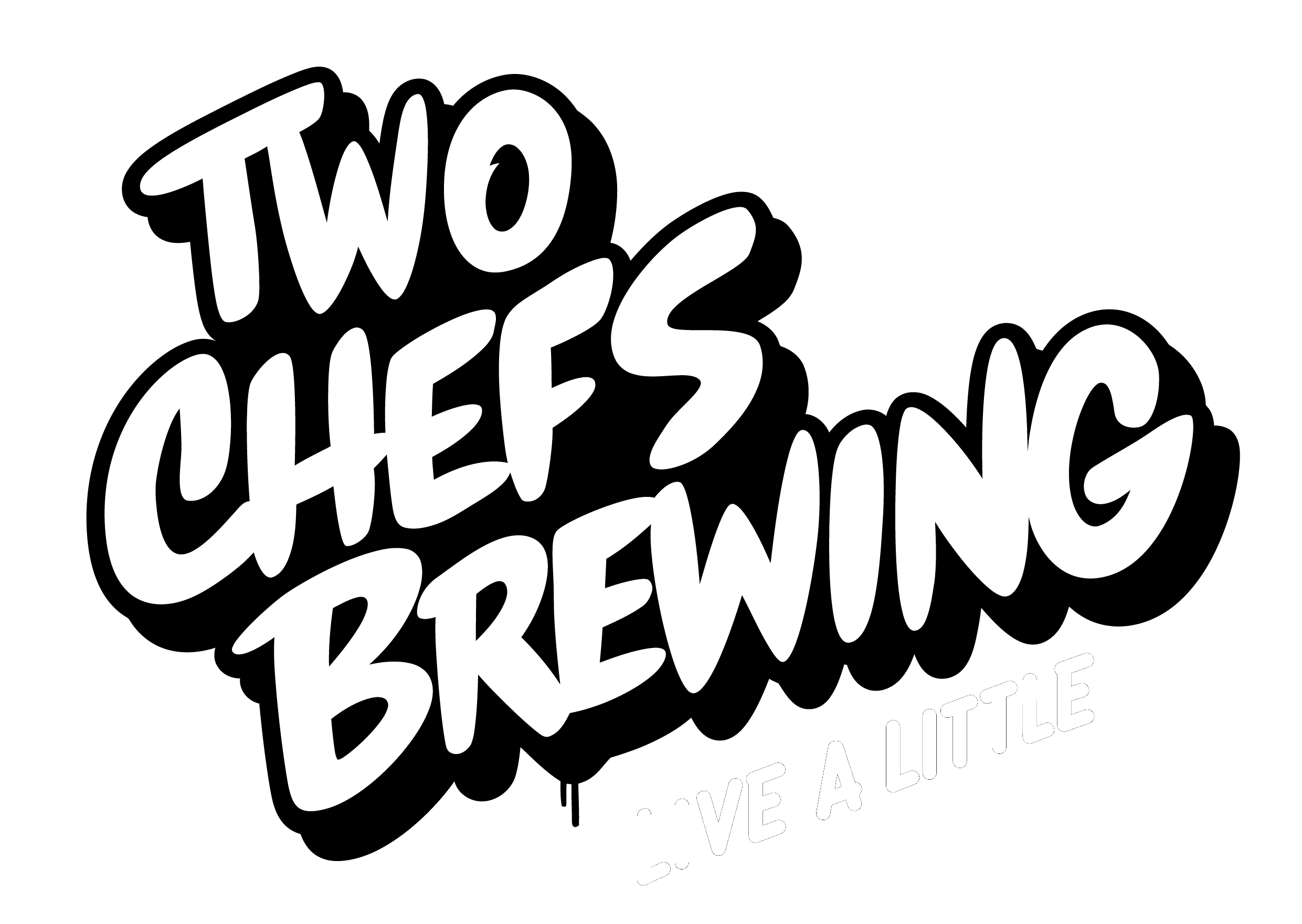
.png)
